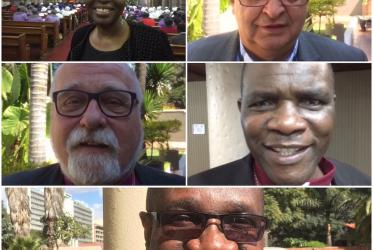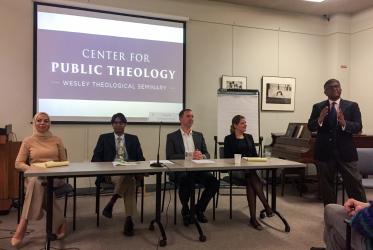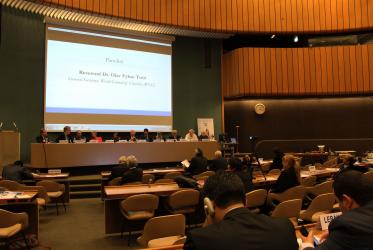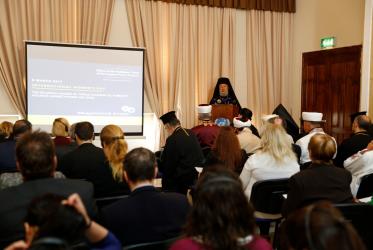Displaying 421 - 440 of 653
Voices from a solidarity visit to Zimbabwe
25 May 2017
Opening of the Exhibit on the Human Rights Situation in the Philippines
05 May 2017
Ecumenical Centre, Geneva
On World Water Day, we ask: “why waste water?”
22 March 2017
Islam and Christianity: finding the common ground
16 March 2017
WCC gravely concerned over Israel’s travel ban
09 March 2017
Seven weeks of Lent highlight water crisis in Africa
01 March 2017













